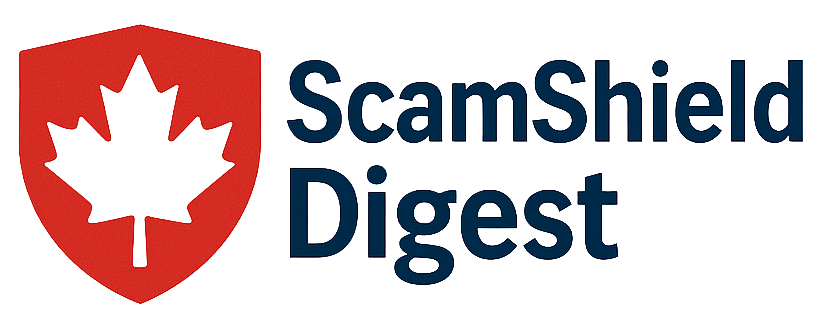TL;DR
-
Scammers are copying trusted brands like Booking.com with look-alike website addresses.
-
They swap letters or symbols with sneaky characters so the address looks real but isn’t.
-
If you click, you may end up giving away your credit card, passwords, or personal details.
-
Red flags: spelling errors, urgency, requests for money, and unfamiliar senders.
-
Stay safe: pause before clicking, type the site address yourself, use bookmarks, and report scams to the Canadian Anti-Fraud Centre
Table of Contents
Scam calls pretending to be “tech support” are on the rise—and seniors are a prime target. Criminals know that many older adults are eager to keep their computers healthy and may not be familiar with new technical jargon. These scams can lead to stolen passwords, drained bank accounts, or locked-up devices.
Table of Contents
✈️ Why This Matters
Even well-known travel brands like Booking.com are being copied by scammers. They send out emails and texts that look very real — but instead of connecting you to your hotel booking, they send you to a fake website designed to steal your information.
If professional travelers can be fooled, it’s easy to see how any of us could be. The good news? With a few simple habits, you can protect yourself.
🔍 The Sneaky Trick Explained Simply
Scammers use a trick called “look-alike characters.”
For example:
-
A real website might use a slash
/. -
A fake website swaps it for the Japanese character “ん” (which looks almost the same).
At first glance, the address looks normal — but behind the scenes, it’s leading you somewhere dangerous.
👉 Think of it like changing just one digit in your friend’s phone number. You call, but you don’t reach them — you reach a stranger.
💻 What Happens If You Click
When you click a fake link:
-
The page may look like Booking.com, but it’s not.
-
It might ask you to enter your payment details — which go straight to criminals.
-
Or it may try to install a file that gives scammers access to your computer or phone.
The result? You could lose money, have your identity stolen, or end up with a compromised device.
⚠️ Why These Scams Work
-
Tiny details are easy to miss, especially on a phone screen.
-
Scammers use trusted names like Booking.com to gain your confidence.
-
They add pressure with messages like “Confirm your booking now or lose it!”
🛡️ Simple Safety Habits
You don’t have to be a tech expert — just follow these steps:
-
Pause before clicking — don’t let urgency rush you.
-
Check the website address carefully — make sure it ends in .com or your country’s official domain.
-
Type it yourself — if you need Booking.com, type it into your browser, don’t click a link.
-
Use bookmarks — save the official site so you always know where you’re going.
-
Keep devices updated — turn on automatic updates for your phone, tablet, or computer.
-
Use antivirus protection — it helps flag known malicious sites.
📞 What To Do If You Think You’ve Been Tricked
-
Stop using the device until you run a security scan.
-
Change your passwords — especially for email and banking.
-
Contact your bank if you entered payment details.
-
Report the scam to the Canadian Anti-Fraud Centre
👥 Community and Caregiver Role
If you’re a caregiver or family member:
-
Share stories of real scams so seniors know it happens to everyone.
-
Role-play scam calls or emails so they can practice safe responses.
-
Encourage a culture of “report, don’t hide.” There’s no shame — only protection.
See also: RCMP Fraud Prevention
✅ Final Reassurance
These scams are designed to be convincing. If billion-dollar companies can be tricked, there’s no embarrassment if you’ve almost clicked. What matters is this: slow down, check carefully, and don’t be afraid to ask for help.
Remember: Scammers want you to act fast. You stay safe by acting slow.


























